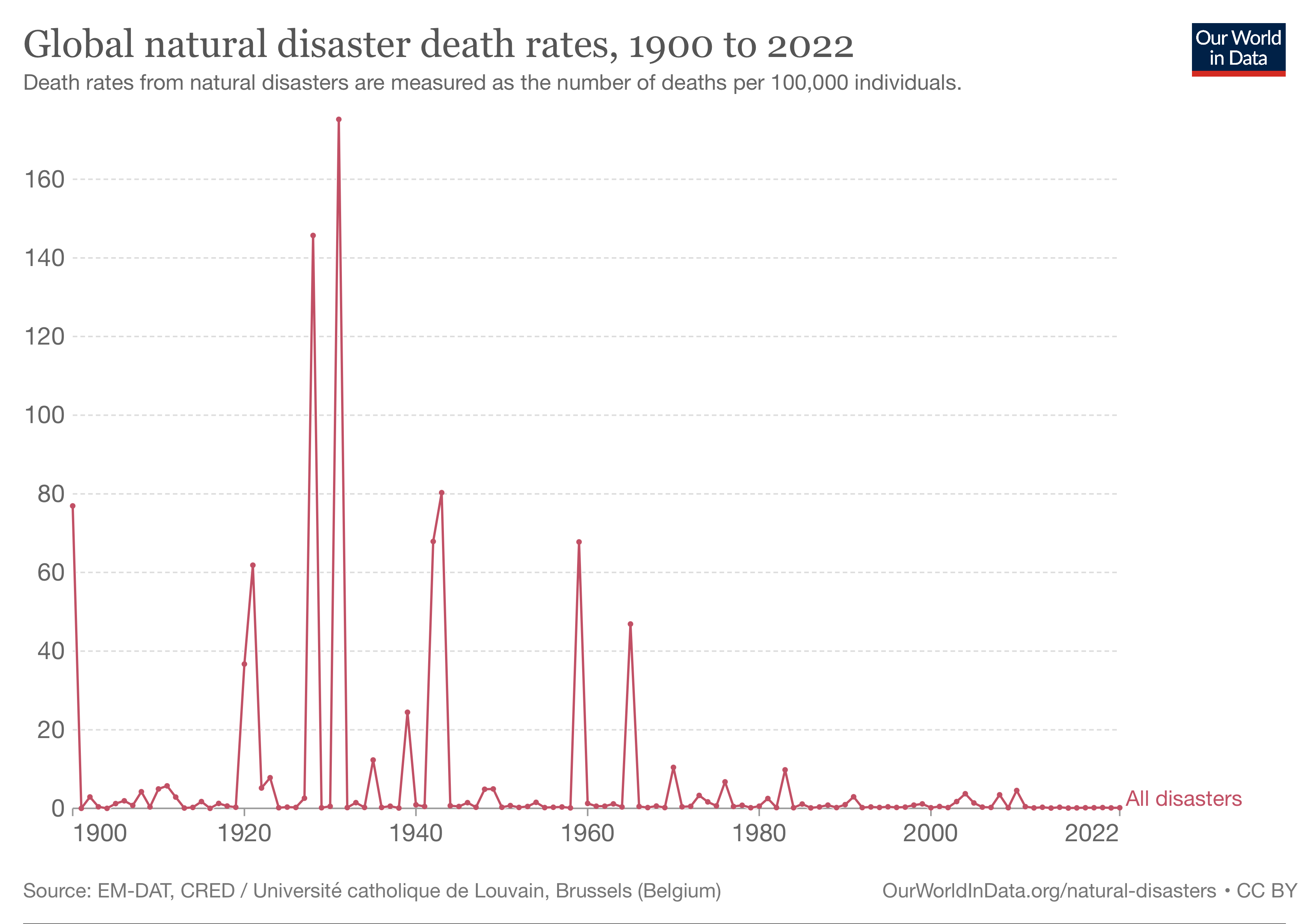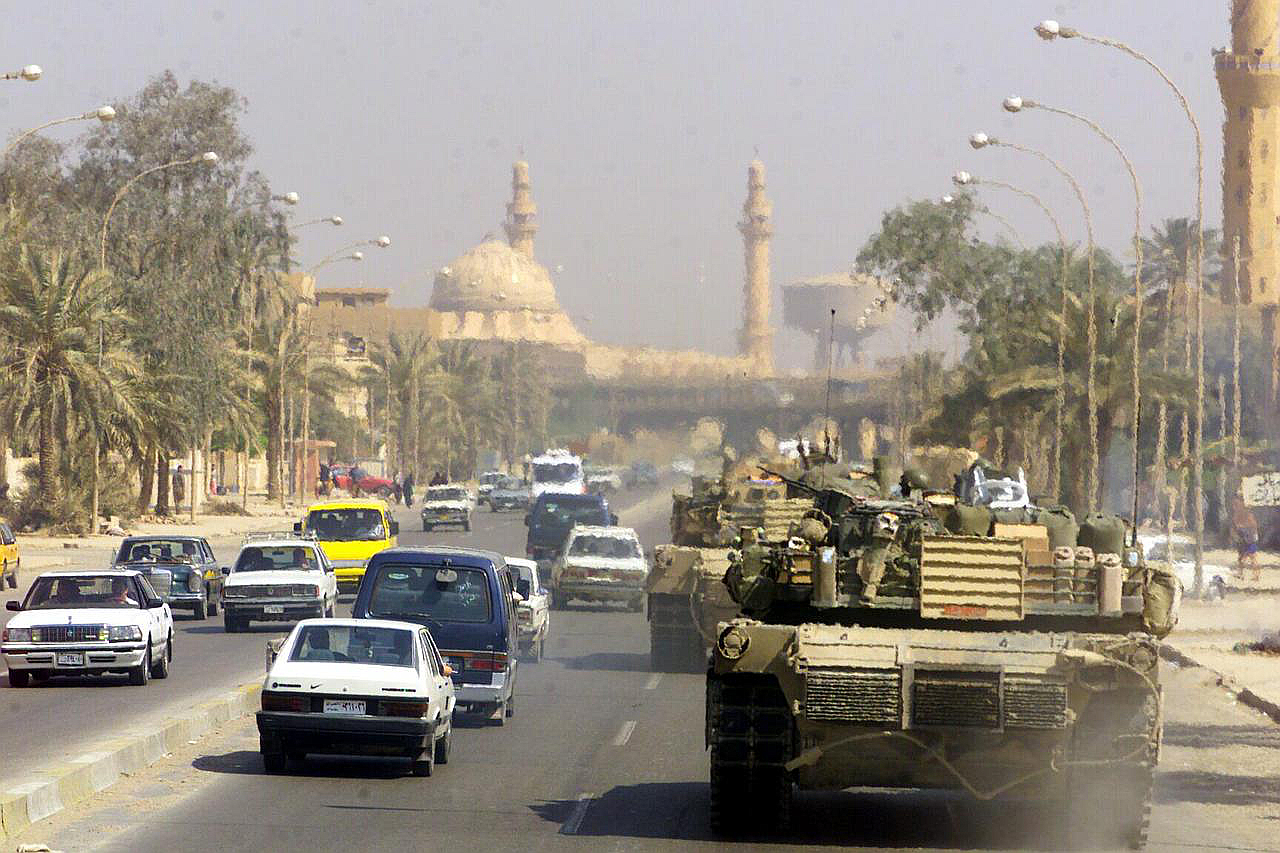|
Appropriation (law)
In law and government, appropriation (from Latin ''appropriare'', "to make one's own", later "to set aside") is the act of setting apart something for its application to a particular usage, to the exclusion of all other uses. It typically refers to the legislative designation of money for particular uses, in the context of a budget or spending bill. Ecclesiastical law In ecclesiastical law, appropriation is the perpetual annexation of an ecclesiastical benefice to the use of some spiritual corporation, either aggregate or sole. In the Middle Ages in England the custom grew up of the monasteries reserving to their own use the greater part of the tithes of their appropriated benefices, leaving only a small portion to their vicars in the parishes. On the dissolution of the monasteries the rights to collect "great tithes" were often sold off, along with former monastic lands, to laymen; whose successors, known as "lay impropriators" or "lay rectors," still hold them, the system be ... [...More Info...] [...Related Items...] OR: [Wikipedia] [Google] [Baidu] |
Government
A government is the system or group of people governing an organized community, generally a state. In the case of its broad associative definition, government normally consists of legislature, executive, and judiciary. Government is a means by which organizational policies are enforced, as well as a mechanism for determining policy. In many countries, the government has a kind of constitution, a statement of its governing principles and philosophy. While all types of organizations have governance, the term ''government'' is often used more specifically to refer to the approximately 200 independent national governments and subsidiary organizations. The major types of political systems in the modern era are democracies, monarchies, and authoritarian and totalitarian regimes. Historically prevalent forms of government include monarchy, aristocracy, timocracy, oligarchy, democracy, theocracy, and tyranny. These forms are not always mutually exclusive, and mixe ... [...More Info...] [...Related Items...] OR: [Wikipedia] [Google] [Baidu] |
United States House Committee On Appropriations
The United States House Committee on Appropriations is a committee of the United States House of Representatives that is responsible for passing appropriation bills along with its Senate counterpart. The bills passed by the Appropriations Committee regulate expenditures of money by the government of the United States. As such, it is one of the most powerful committees, and its members are seen as influential. History The constitutional basis for the Appropriations Committee comes from Article one, Section nine, Clause seven of the U.S. Constitution, which says: :No money shall be drawn from the treasury, but in consequence of appropriations made by law; and a regular statement and account of receipts and expenditures of all public money shall be published from time to time. This clearly delegated the power of appropriating money to Congress, but was vague beyond that. Originally, the power of appropriating was taken by the Committee on Ways and Means, but the United States ... [...More Info...] [...Related Items...] OR: [Wikipedia] [Google] [Baidu] |
Omnibus Appropriations Act Of 2009
The Omnibus Appropriations Act, 2009 (, ) is an Act for the United States government that combines bills funding the operations of each of the Cabinet departments, except Defense, Homeland Security, and Veteran Affairs into a single appropriation bill. It was signed into law by President Barack Obama Barack Hussein Obama II ( ; born August 4, 1961) is an American politician who served as the 44th president of the United States from 2009 to 2017. A member of the Democratic Party (United States), Democratic Party, Obama was the first Af ... on March 11, 2009. House version The United States House of Representatives, House of Representatives version of the bill includes $410 billion in spending.Democrats boosting domestic spending atop stimulus< ... [...More Info...] [...Related Items...] OR: [Wikipedia] [Google] [Baidu] |
Theft Act 1968
The Theft Act 1968c 60 is an Act of the Parliament of the United Kingdom. It creates a number of offences against property in England and Wales. On 15 January 2007 the Fraud Act 2006 came into force, redefining most of the offences of deception. History The Theft Act 1968 resulted from the efforts of the Criminal Law Revision Committee to reform the English law of theft. The Larceny Act 1916 had codified the common law, including larceny itself, but it remained a complex web of offences. The intention of the Theft Act 1968, was to replace the existing law of larceny and other deception-related offences, by a single enactment, creating a more coherent body of principles that would allow the law to evolve to meet new situations. Provisions A number of greatly simplifiedor at least less complicatedoffences were created. Section 1 – Basic definition of "theft" This section creates the offence of theft. This definition is supplemented by sections 2 to 6. The definition o ... [...More Info...] [...Related Items...] OR: [Wikipedia] [Google] [Baidu] |
England And Wales
England and Wales () is one of the three legal jurisdictions of the United Kingdom. It covers the constituent countries England and Wales and was formed by the Laws in Wales Acts 1535 and 1542. The substantive law of the jurisdiction is English law. The devolved Senedd (Welsh Parliament; cy, Senedd Cymru) – previously named the National Assembly of Wales – was created in 1999 by the Parliament of the United Kingdom under the Government of Wales Act 1998 and provides a degree of self-government in Wales. The powers of the Parliament were expanded by the Government of Wales Act 2006, which allows it to pass its own laws, and the Act also formally separated the Welsh Government from the Senedd. There is no equivalent body for England, which is directly governed by the parliament and government of the United Kingdom. History of jurisdiction During the Roman occupation of Britain, the area of present-day England and Wales was administered as a single unit, except f ... [...More Info...] [...Related Items...] OR: [Wikipedia] [Google] [Baidu] |
Disaster Relief Appropriations Act, 2013
Public Law 113-2 (), containing Division A: Disaster Relief Appropriations Act, 2013 and Division B: Sandy Recovery Improvement Act of 2013 is a U.S. appropriations bill authorizing $60 billion for disaster relief agencies. The Budget Control Act of 2011 (BCA), had authorized only disaster spending and emergency spending to exceed established spending caps. While emergency spending is not subject to the caps in the BCA, spending for disaster relief is calculated by taking the average of the previous ten years disaster relief spending, excluding the highest and lowest spending years. Aid Assistance for Hurricane Sandy On December 28, 2012, the Senate amended , a $61 billion aid package for the victims and communities affected by Hurricane Sandy. The bill passed by a vote of 62-32, Recorded vote 248. On January 4, 2013, the House passed (345-67, Roll Call # 7). The Act provided for an increase in borrowing authority for National Flood Insurance Program (NFIP) of $9.7 billion. ... [...More Info...] [...Related Items...] OR: [Wikipedia] [Google] [Baidu] |
Hurricane Sandy
Hurricane Sandy (unofficially referred to as ''Superstorm Sandy'') was an extremely destructive and strong Atlantic hurricane, as well as the largest Atlantic hurricane on record as measured by diameter, with tropical-storm-force winds spanning . The storm inflicted nearly $70 billion (2012 USD) in damage and killed 233 people across eight countries from the Caribbean to Canada. The eighteenth Tropical cyclone naming, named storm, tenth Atlantic hurricane, hurricane, and second major hurricane of the 2012 Atlantic hurricane season, Sandy was a List of Category 3 Atlantic hurricanes, Category 3 storm at its peak intensity when it made landfall in Cuba, though most of the damage it caused was after it became a Category 1-equivalent extratropical cyclone off the coast of the Northeastern United States. Sandy developed from a tropical wave in the western Caribbean Sea on October 22, quickly strengthened, and was upgraded to Tropical Storm Sandy six hours later. Sandy moved s ... [...More Info...] [...Related Items...] OR: [Wikipedia] [Google] [Baidu] |
Natural Disaster
A natural disaster is "the negative impact following an actual occurrence of natural hazard in the event that it significantly harms a community". A natural disaster can cause loss of life or damage property, and typically leaves some economic damage in its wake. The severity of the damage depends on the affected population's resilience and on the infrastructure available. Examples of natural hazards include: avalanche, coastal flooding, cold wave, drought, earthquake, hail, heat wave, hurricane (tropical cyclone), ice storm, landslide, lightning, riverine flooding, strong wind, tornado, typhoon, tsunami, volcanic activity, wildfire, winter weather. In modern times, the divide between natural, man-made and man-accelerated disasters is quite difficult to draw. Human choices and activities like architecture, fire, resource management or even climate change potentially play a role in causing "natural disasters". In fact, the term "natural disaster" has been called a misn ... [...More Info...] [...Related Items...] OR: [Wikipedia] [Google] [Baidu] |
Cost Of War
The American Friends Service Committee (AFSC) is a Religious Society of Friends ('' Quaker'') founded organization working for peace and social justice in the United States and around the world. AFSC was founded in 1917 as a combined effort by American members of the Religious Society of Friends to assist civilian victims of World War I. It continued to engage in relief action in Europe and the Soviet Union after the Armistice of 1918. By the mid-1920s it focused on improving racial relations in the U.S., as well as exploring ways to prevent the outbreak of another conflict before and after World War II. As the Cold War developed, it moved to employ more professionals rather than Quaker volunteers, over time attempting to broaden its appeal and respond more forcefully to racial injustice, women's issues, and demands of sexual minorities for equal treatment. They also work for world peace. Background Quakers traditionally oppose violence in all of its forms and therefore many ref ... [...More Info...] [...Related Items...] OR: [Wikipedia] [Google] [Baidu] |
Financial Cost Of The Iraq War
The following is a partial accounting of financial costs of the 2003 Iraq War by the United States and the United Kingdom, the two largest non-Iraqi participants of the multinational force in Iraq. US war costs Direct costs The costs of the 2003–2010 Iraq War are often contested, as academics and critics have unearthed many hidden costs not represented in official estimates. The most recent major report on these costs come from Brown University in the form of the Costs of War, which totaled just over $1.1 trillion. The United States Department of Defense's direct spending on Iraq totaled at least $757.8 billion, but also highlighting the complementary costs at home, such as interest paid on the funds borrowed to finance the wars. Those figures are dramatically higher than typical estimates published just prior to the start of the Iraq War, many of which were based on a shorter term of involvement. For example, in a March 16, 2003 '' Meet the Press'' interview of Vice Presi ... [...More Info...] [...Related Items...] OR: [Wikipedia] [Google] [Baidu] |
Iraq War
{{Infobox military conflict , conflict = Iraq War {{Nobold, {{lang, ar, حرب العراق (Arabic) {{Nobold, {{lang, ku, شەڕی عێراق ( Kurdish) , partof = the Iraq conflict and the War on terror , image = Iraq War montage.png , image_size = 300px , caption = Clockwise from top: US troops at Uday and Qusay Hussein's hideout; insurgents in northern Iraq; the toppling of the Saddam Hussein statue in Firdos Square , date = {{ubl, {{Start and end dates, 2003, 3, 20, 2011, 12, 18, df=yes({{Age in years, months and days, 2003, 03, 19, 2011, 12, 18) , place = Iraq , result = * Invasion and occupation of Iraq * Overthrow of Ba'ath Party government * Execution of Saddam Hussein in 2006 * Recognition of the Kurdistan Autonomous Region * Emergence of significant insurgency, rise and fall of al-Qaeda in Iraq * January 2005 Iraqi parliamentary election and formation of Shia-led gov ... [...More Info...] [...Related Items...] OR: [Wikipedia] [Google] [Baidu] |
War In Afghanistan (2001–present)
War in Afghanistan, Afghan war, or Afghan civil war may refer to: * Conquest of Afghanistan by Alexander the Great (330 BC – 327 BC) * Muslim conquests of Afghanistan (637–709) *Conquest of Afghanistan by the Mongol Empire (13th century), see also Mongol invasion of Central Asia (1216–1222) *Mughal conquests in Afghanistan (1526) * Afghan Civil War (1863–1869), a civil war between Sher Ali Khan and Mohammad Afzal Khan's faction after the death of Dost Mohammad Khan * Anglo−Afghan Wars (first involvement of the British Empire in Afghanistan via the British Raj) ** First Anglo−Afghan War (1839–1842) ** Second Anglo−Afghan War (1878–1880) ** Third Anglo−Afghan War (1919) * Panjdeh incident (1885), first major incursion into Afghanistan by the Russian Empire during the Great Game (1830–1907) with the United Kingdom of Britain and Ireland * First Afghan Civil War (1928–1929), revolts by the Shinwari and the Saqqawists, the latter of whom managed to take over ... [...More Info...] [...Related Items...] OR: [Wikipedia] [Google] [Baidu] |




